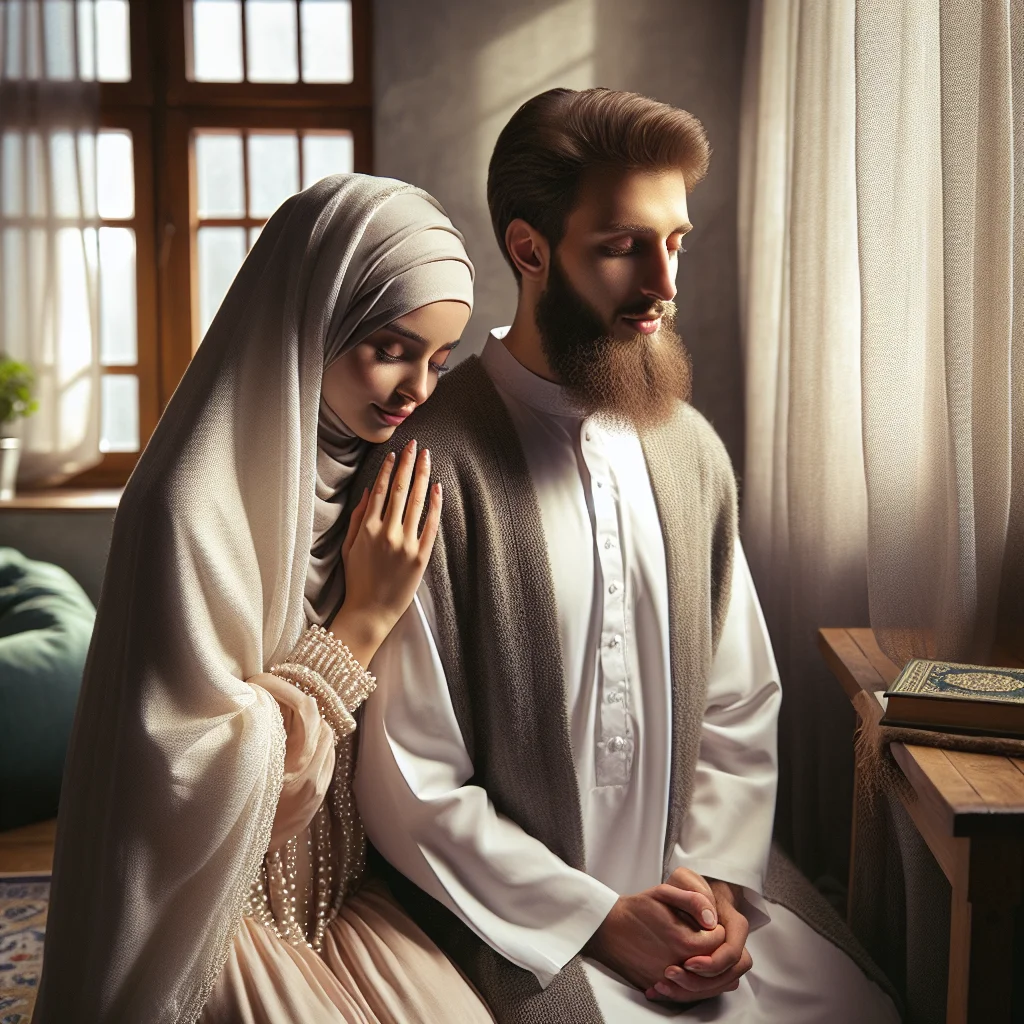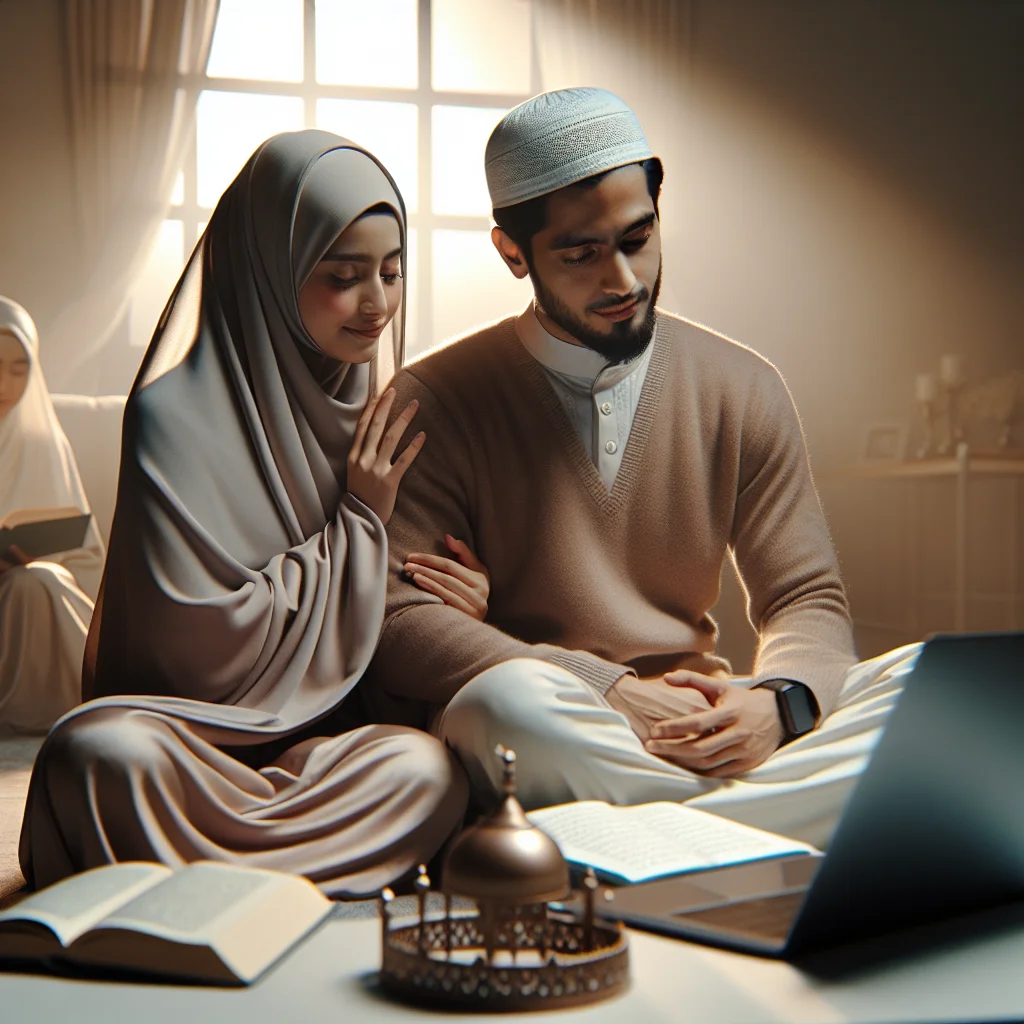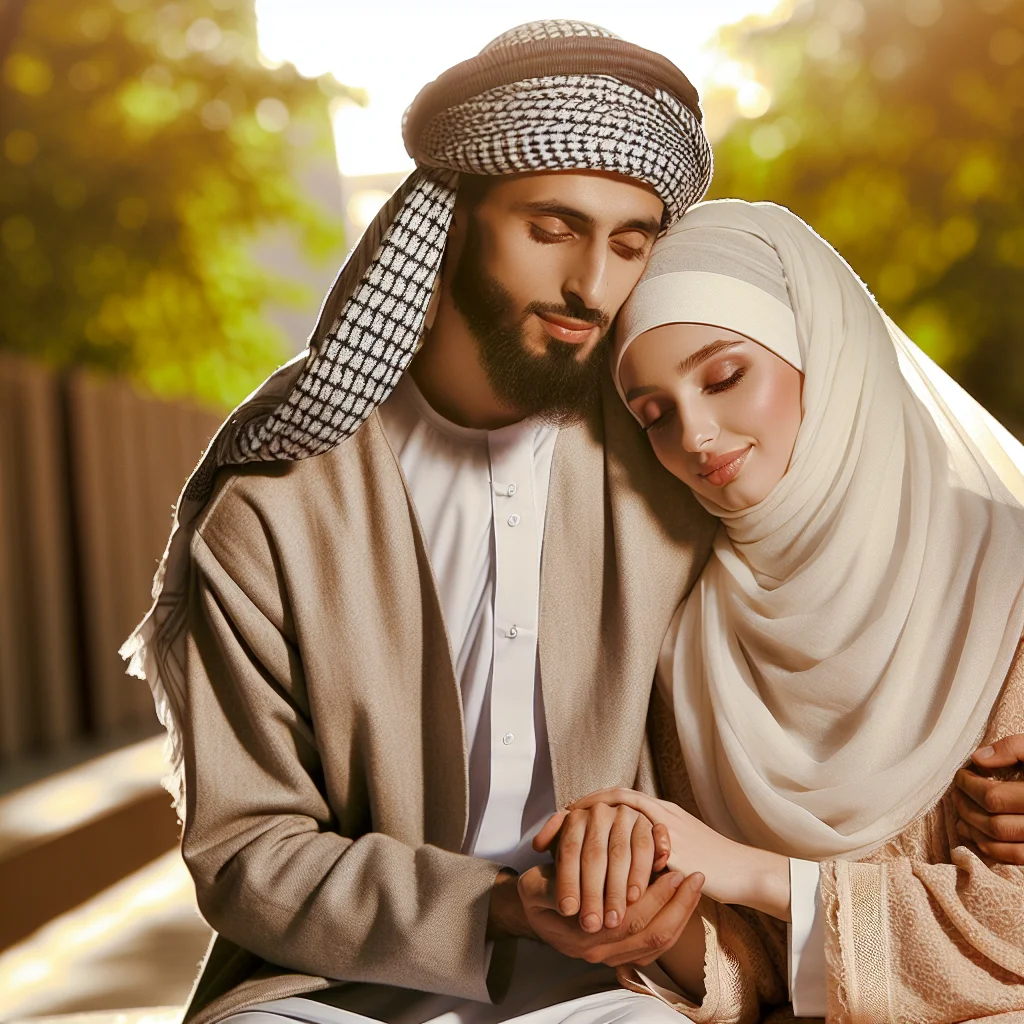Navigating Modern Gender Roles in Muslim Marriages
Marriage is a sacred institution in Islam, founded on principles of love, mercy, and mutual respect. In today’s modern world, the dynamics of gender roles in Muslim marriages have evolved, presenting new challenges and opportunities for couples to navigate.
Traditionally, Islamic teachings emphasize a division of roles within marriage, with the husband responsible for providing financially and the wife caring for the household and children. While these roles are rooted in cultural norms and historical practices, they are not rigid and can be adapted to fit the needs and circumstances of modern Muslim couples.
One of the key principles in Islam regarding gender roles is the concept of mutual consultation and cooperation between spouses. The Quran states, "And they (women) have rights similar to those (of men) over them in kindness" (Surah Al-Baqarah, 2:228). This highlights the reciprocal nature of rights and responsibilities within a marriage, emphasizing the importance of communication, understanding, and compromise.
In modern Muslim marriages, both partners often work outside the home and share responsibilities such as childcare, household chores, and financial management. This shift in dynamics requires flexibility, open communication, and a willingness to challenge traditional gender norms in favor of a more balanced and equitable partnership.
It is important for couples to have honest discussions about their expectations, preferences, and boundaries regarding gender roles in marriage. This can help prevent misunderstandings, resentment, and conflicts down the line, allowing both partners to feel valued, respected, and understood.
Some couples may choose to adhere more closely to traditional gender roles, while others may opt for a more egalitarian approach based on individual circumstances and preferences. Regardless of the chosen arrangement, the key is to ensure that both partners feel empowered, supported, and fulfilled in their respective roles within the marriage.
In navigating modern gender roles in Muslim marriages, it is essential to seek guidance from Islamic teachings and scholars to ensure that decisions align with the teachings of the Quran and Sunnah. Consulting trusted sources and seeking knowledge can help couples make informed choices that are in line with Islamic principles and values.
Ultimately, the goal of marriage in Islam is to establish a strong, loving, and harmonious partnership that is based on faith, mutual respect, and shared goals. By embracing flexibility, communication, and a spirit of cooperation, Muslim couples can navigate modern gender roles in marriage with grace and wisdom, enriching their relationship and strengthening their bond.
To find a righteous partner, install the Good Spouse app: http://goodspouse.com/go/en
Install the Good Spouse app: ⬇️⬇️⬇️⬇️⬇️




